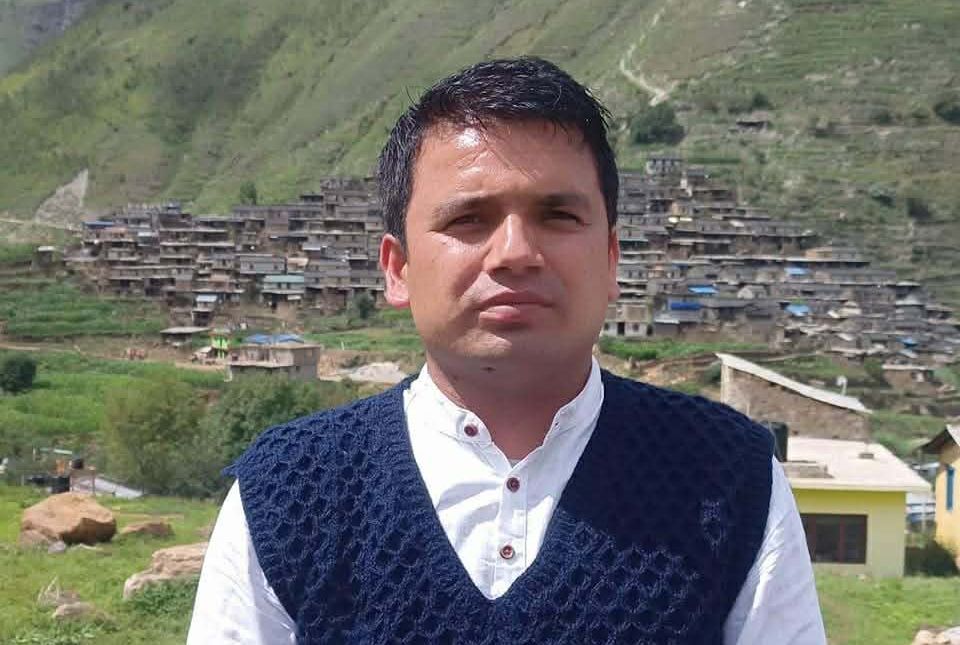Kathmandu, April 3
As climate change concerns are growing in Nepal, the country has entered into the Global Water Leadership in a Changing Climate programme recently.
In Nepal, the programme is being implemented in collaboration with the Global Water Partnership (GWP), UNICEF, Sanitation for All and Water, Drinking Water, Sanitation, Joint Monitoring Programme for Sanitation and the World Health Organization (WHO). The programme will run until 2024.
The programme has been implemented with the objective of supporting leadership development for improved water, sanitation and hygiene (WASH) services along with climate change adaptation, concerned officials say.
According to Surya Nath Upadhyay, the general secretary of the GWP Nepal and Jalsrot Vikas Sanstha (JVS), the motto of this program is to build a resilient society, and resilient institutions. “The programme has begun and it is expected to help Nepal to build a resilient society and resilient institutions”, Upadhyay says.
Likewise, highlighting the importance of the programme implementation in Nepal, the GWP South Asia Regional Coordinator Lal Induruwage praises Nepal for being ahead of 3,000 partners around the globe in terms of implementing the climate adaptation programme.
Speaking at a workshop organised in Kathmandu to discuss the preparations for the implementation of the programme, Dinesh Kumar Ghimire, the secretary at the Water and Energy Commission Secretariat (WECS), defined the programme as a part of the fulfilment of the government’s commitment to the international community in terms of water management while minimising the climate change in water management.
The programme is being implemented in 10 countries including Nepal, Bangladesh, Chad, Central African Republic, Madagascar, State of Palestine, Rwanda, Tanzania and Uganda.
A 17-member programme coordination committee has been formed under the chairmanship of the secretary of the commission for the effective implementation of the programme.

























